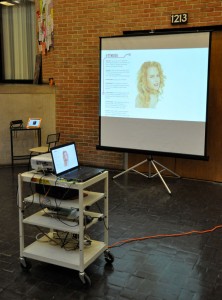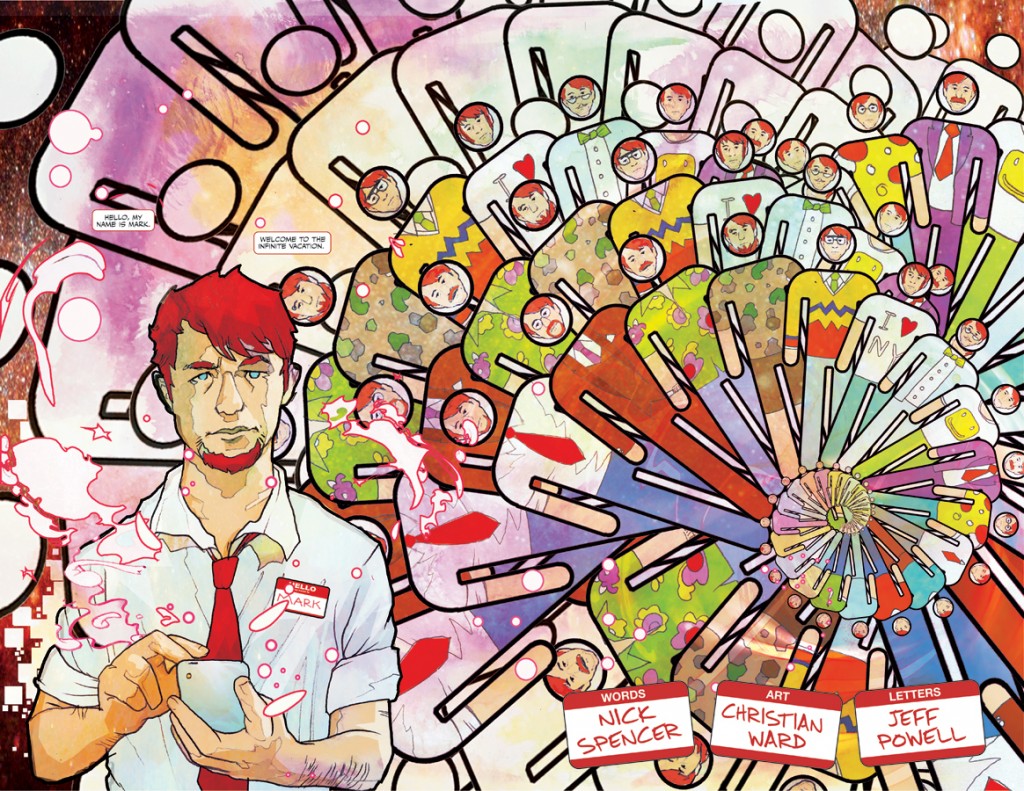
The panel I organized for the Theorizing the Web conference was called, “Cyber Racism, Race & Social Media.” A key theme of all the papers in this session was that race, racism and caste, are enduring features of media across geographic and temporal boundaries, and across cultures.
In the late 1990s, a popular television commercial advertisement captured the zeitgeist of thinking about the web at that time.
This notion that the Internet is a place where “there is no race,” is also one that’s permeated Internet studies. Early on scholars theorized that the emergence of virtual environments and a culture of fantasy would mean an escape the boundaries of race and the experience of racism. A few imagined a rise in identity tourism, that is, people using the playful possibilities of gaming to visit different racial and gender identities online (Nakamura, 2002; Turkle, 1997).








